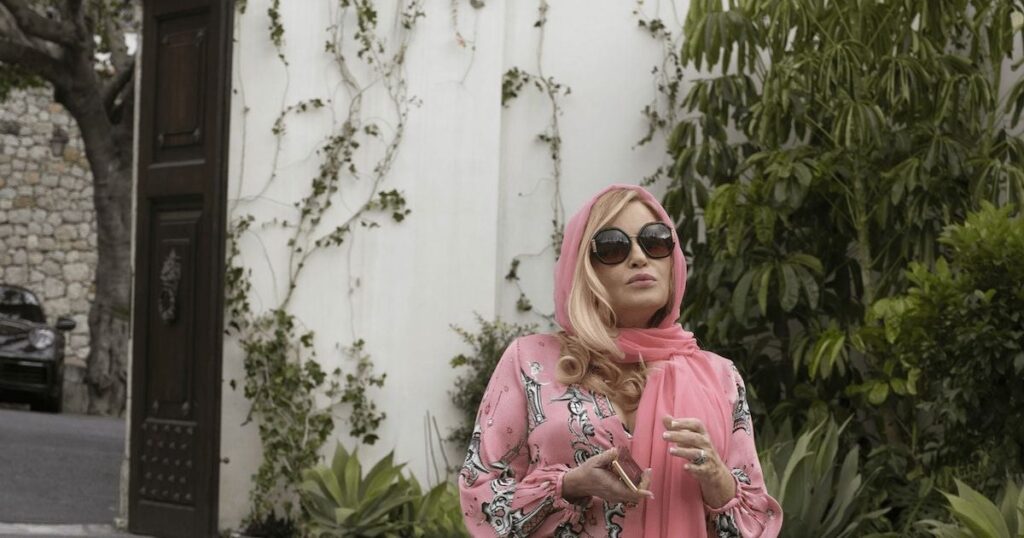Welcome to a serene exploration of the most captivating characters from HBO’s The White Lotus. Created by Mike White, this series has become a focal point for character-driven narratives, with an ensemble cast that brings to life the complexities of human emotions and societal dynamics. Let’s delve into the intricate lives of seven characters who have enthralled audiences with their depth and authenticity.
Tanya McQuoid’s Quest for Love and Validation
Among the vacationers is Tanya McQuoid, portrayed by Jennifer Coolidge, whose presence in the series is as haunting as it is hilarious. Tanya’s emotional journey is marked by her quirky and emotionally complex nature. She is a character who, according to one source, deserves a show of her own
, indicating her profound impact on viewers. Her pursuit of love and validation is seen in her clinging to her now-husband Greg, despite his growing resentment. This dynamic, coupled with moments like when she dumped her mother’s ashes in front of some horrified honeymooners
, paints Tanya as a deeply layered individual seeking connection in a world that often feels indifferent to her needs.
Armond’s Moral Ambiguity and Narrative Tension
The resort manager Armond is a character whose actions ripple throughout the narrative, creating tension and moral quandaries. His death symbolizes the bourgeois treatment of customer service in capitalist societies, reflecting deep societal themes. Armond’s role within the resort’s power dynamics is further exemplified by his decision-making processes, such as his reluctance to hire Lani upon learning of her pregnancy. His struggle for sobriety juxtaposed with his thirst for power in an industry that affords him none adds layers of complexity to his character arc.
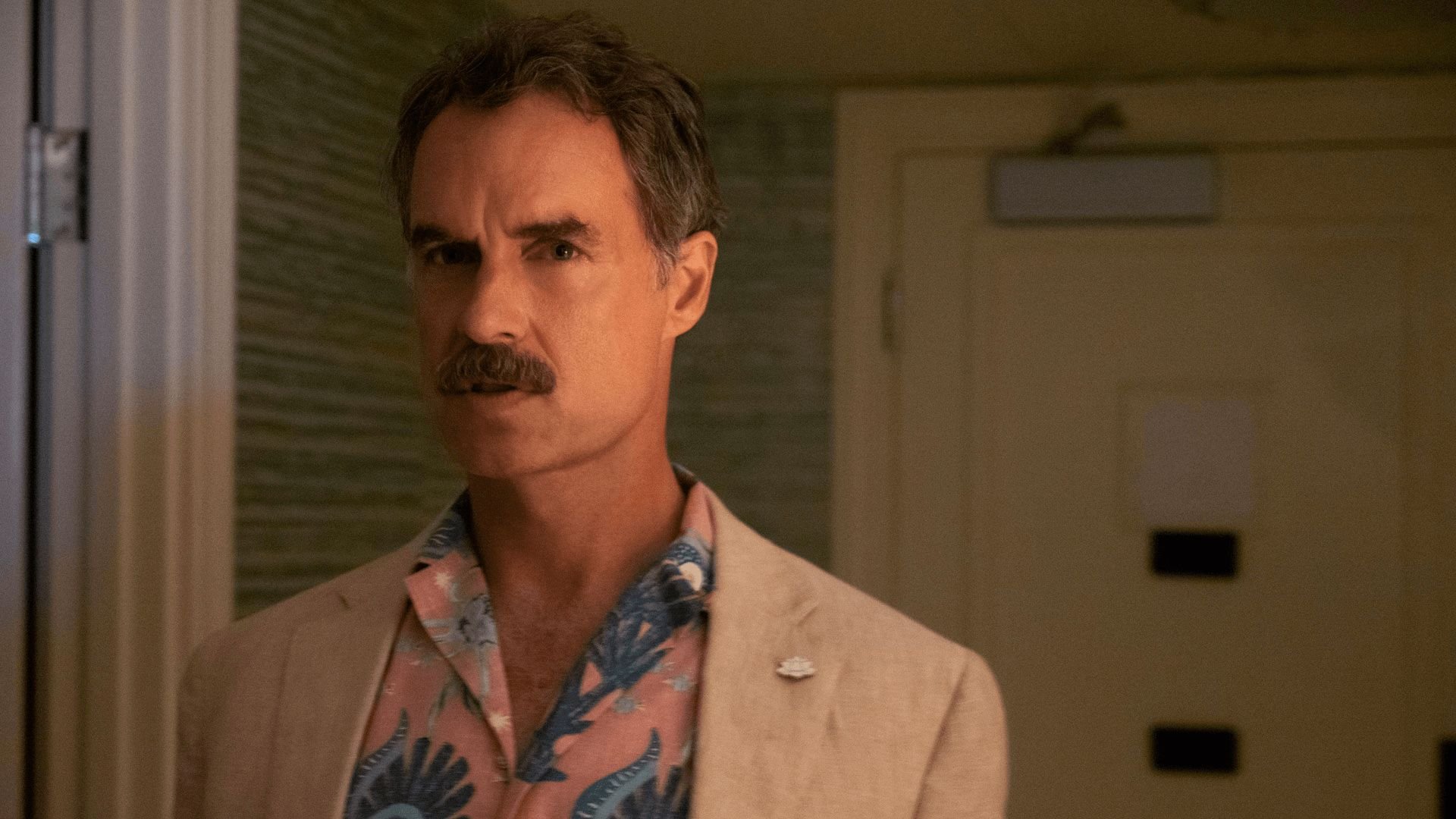

The Critical Perspective of Olivia Mossbacher
Olivia Mossbacher, played by Euphoria star Sydney Sweeney, is the epitome of sharp wit and critical observation. Her ‘woke’ character challenges the views of her family and society at large. Olivia serves as a catalyst for other characters’ developments, often highlighting the privilege that pervades their lives. Her interactions with characters like Paula and Belinda offer a critique on societal norms and expectations.


Shane Patton’s Privilege and Entitlement
Shane Patton, depicted as well-intentioned in his own twisted way, represents a privileged perspective that often clashes with other characters and the setting itself. His entitlement becomes evident when he obsesses over a suite booking mishap, which serves as a microcosm for his larger worldview. Shane’s interactions with others, particularly Armond, highlight the conflict between wealth and expectation versus reality.
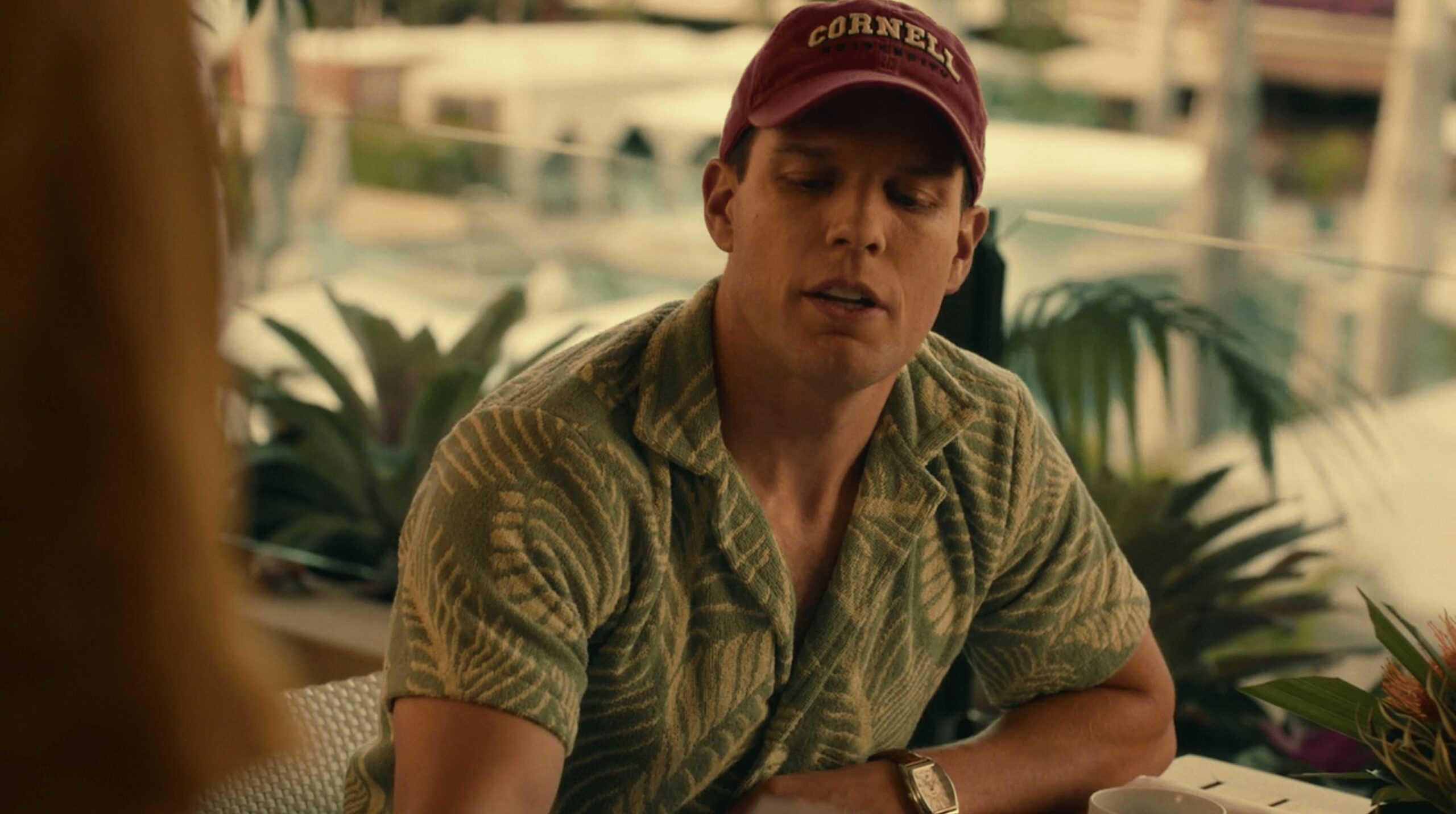

Belinda and Societal Reflections
Belinda, the spa manager played by Natasha Rothwell, embodies aspirations that resonate with many viewers. Her interactions with Tanya McQuoid offer insight into deeper societal themes such as privilege and the commodification of care. Belinda’s character highlights how personal ambitions can be influenced by those we seek to serve, making her an essential figure in understanding the show’s social commentary.
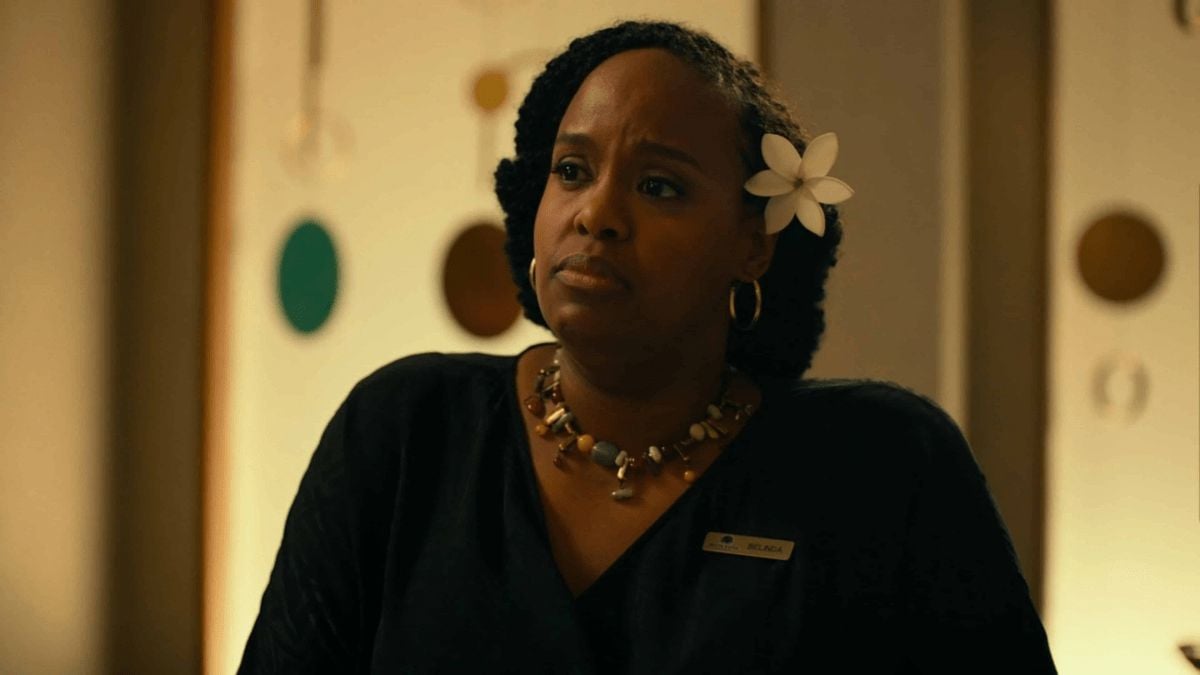

Paula’s Internal Conflicts and Moral Dilemmas
Paula is Olivia’s friend and stands out as the only person of color among the hotel guests. Her experiences during the vacation lead to internal conflicts and moral dilemmas that are poignantly captured through her interactions with other characters. A telling quote defines Paula’s perspective: Well, I guess it’s not stealing when you think everything is already yours
, which speaks volumes about her views on privilege and entitlement.


The Personal Struggles of Mark Mossbacher
Mark Mossbacher’s quest for identity unfolds against a backdrop of personal struggles and family dynamics. His story arc involves coming to terms with revelations about his father’s death from AIDS rather than cancer, which propels him towards building an honest relationship with his son Quinn. Mark’s journey reflects on broader themes of privilege while also capturing his internal battle for authenticity within his family.
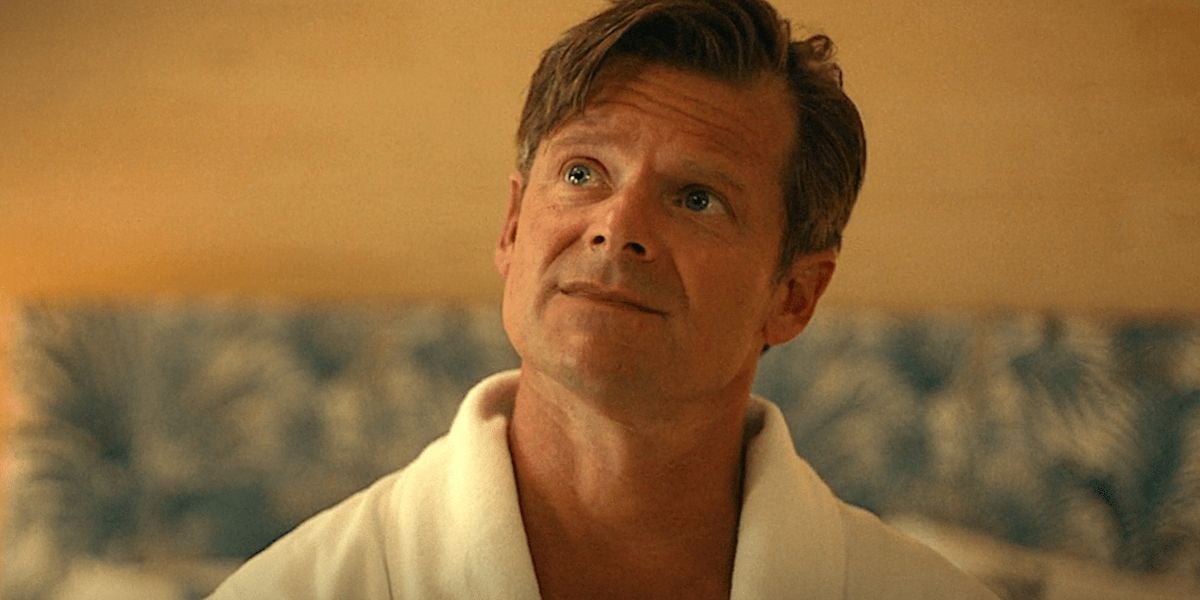

In conclusion, these characters from The White Lotus are not just figures on a screen; they are reflections of our own complexities and societal structures. They captivate us with their flaws, desires, and journeys towards self-discovery or redemption. As you reflect on these intriguing individuals, consider how they mirror aspects of your own life or those around you.

